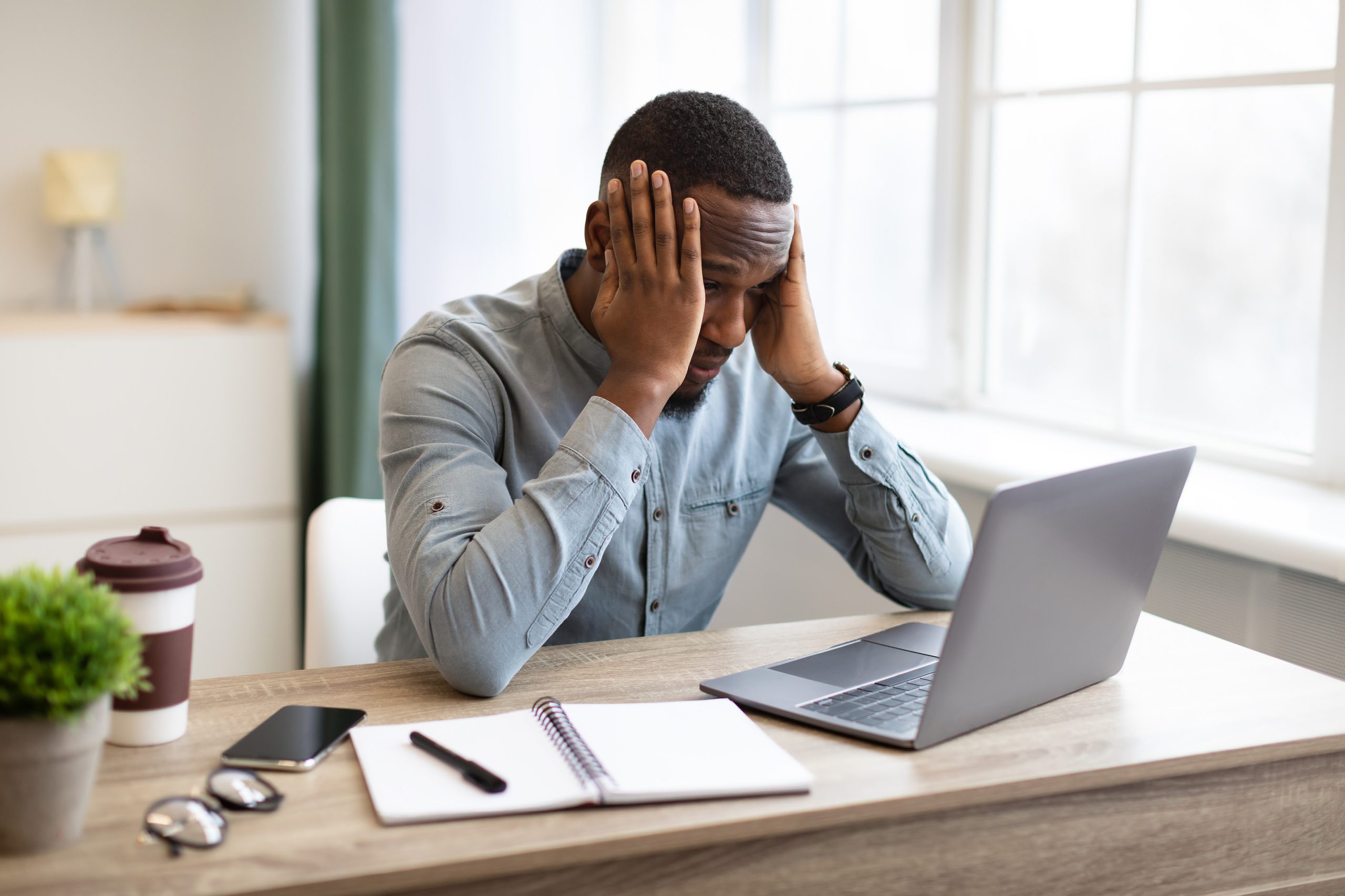Q: I’m a small business owner and still recovering—especially economically—from the ill-effects of the pandemic. I don’t feel I can take a vacation until we’re back on solid financial ground. However, it’s been almost three years since I’ve taken any time off, and I think I’m headed for burnout. Any thoughts on how to disconnect at least temporarily?
A: You’re not alone. According to numerous surveys, many small business owners feel they can’t take a vacation not only due to COVID’s residuals, but also due to the fear their business will suffer or fail without them. That said, burnout can do irreparable harm to you and your business.
Although I’m no expert, I know from my own personal experience and talking with colleagues in high-stress environments, there are several ways to help relieve stress:
Delegate. Instead of doing everything yourself, have others assist with office tasks even something as simple as ordering office supplies. Gaining small amounts of free time will add up to combat the stress that will eventually take its mental and physical toll.
Learn to say no. As much as you’d like to take on another project or help with a community cause, you need to prioritize and get your own “house” in order. No need to burn bridges but consider a little emotional quotient when turning someone down: “Sorry, I can’t help you at this time, but let’s touch base later in the year when my workload might be lighter.”
Get enough sleep. Most adults need seven hours of sleep each day. Try to create a routine for your body to feel its best by waking up and getting to sleep at the same each day. Short naps (20 minutes) also can help you relax and reduce fatigue as well as improve alertness and reaction time.
Take breaks and set boundaries. If you’re at the computer morning, noon and night, this is a sure recipe for burnout and probable back problems or other physical and mental stressors. Take breaks every 20 minutes and try incorporating deep-breathing exercises to pump oxygen to your brain and to get your blood circulating. Set personal boundaries for your well-being and stress management. My number one rule: Don’t eat lunch at your desk. That’s why they call it a “lunch break” (with healthy foods).
Find ways to unwind. Get together and talk with friends and laugh. Exercise and try to incorporate walking outdoors into your routine—it has proven to not only boost your mood, but also improves cardiovascular health and lowers blood pressure. A must: Take a break from the news and social media networks. Most importantly, leave your work at work.
Finally, if you need more help with effective stress coping strategies, consult your primary health provider.
Do hope as my mother used to say: “This too shall pass.”
Joan Lee Berkman is a marketing and public relations consultant. if you have a question for Joan, send it to business@townandstyle.com.








